The week's good news: July 27, 2023
It wasn't all bad!


A free daily email with the biggest news stories of the day – and the best features from TheWeek.com
You are now subscribed
Your newsletter sign-up was successful
1. Oncologists walk patient down the aisle: 'It was a huge honor'
Two very important people walked Sheri Shaw-James down the aisle at her wedding in June: her oncologists Emma B. Holliday and Van Karlyle Morris. Having them there was "a huge honor," Shaw-James told The Washington Post. In February 2021, Shaw-James, 70, was diagnosed with stage 3 squamous cell carcinoma of the rectum. She began treatment at the University of Texas MD Anderson Cancer Center in Houston, and quickly grew close to Holliday and Morris. "We became partners in getting through it," Shaw-James said. Four months later, she was declared cancer-free, and when her boyfriend proposed marriage, she said yes. Shaw-James wanted her oncologists to play a role in the ceremony because "without them and their hard work, there might not have been a wedding to celebrate," she said. Both immediately agreed to be part of the big day. "We get a lot of hard questions as oncologists, but this was probably the easiest one to answer," Morris said.
2. Teen's vision restored after using gene therapy eyedrops
An experimental gene therapy gel has worked wonders for Antonio Vento Carvajal, and doctors are hopeful similar therapies could soon help millions of other people battling eye diseases. Carvajal, 14, has a rare genetic condition called dystrophic epidermolysis bullosa. About 3,000 people worldwide have this disorder, which causes blisters on the body and eyes. Carvajal underwent several eye surgeries to remove scar tissue, but it continued to grow back and his vision deteriorated. He joined a clinical trial for Vyjuvek, the world's first topical gene therapy, and his physician, Dr. Alfonso Sabater, also had the treatment reformulated into eyedrops for Carvajal. After several months, the scarring has not returned and his vision is improved tremendously. It took two years to get to this point, and it was all "worth it," Sabater told The Associated Press. "Just for Antonio, it was worth it ... but also because it opens the space to treat other patients in the future."
The Week
Escape your echo chamber. Get the facts behind the news, plus analysis from multiple perspectives.

Sign up for The Week's Free Newsletters
From our morning news briefing to a weekly Good News Newsletter, get the best of The Week delivered directly to your inbox.
From our morning news briefing to a weekly Good News Newsletter, get the best of The Week delivered directly to your inbox.
3. International pen pals reconnect after 30 years
For 10 years, Julie Kelly exchanged letters with a pen pal from Singapore, a young man with the surname Cheng. She wrote about life in the U.S., while Cheng shared his plans for college. This was "an opportunity to learn more about the world through another person," Kelly, 55, told the Singapore news outlet Mothership. Their letter writing ended in 1994, when Kelly got married and Cheng started a new job. They fell out of touch, but Kelly never forgot Cheng, and in February found a box filled with 34 letters he sent her. Wanting to reconnect, Kelly tried to find Cheng online, but had no luck. Mothership journalist Ashley Tan heard about Kelly's search, and went to Cheng's last known address. She found his mother, who passed along her son's information. Cheng was "very surprised" to hear from Tan, he said, and "very touched" by Kelly's determination to find him. He immediately wrote her an email — a modern way to revive their pen pal friendship.
4. One-of-a-kind white dwarf star detected
Astronomers searching for white dwarf stars found one they'd never seen before. White dwarfs are the "hot, dense remnants of stars," and the one just discovered has two faces: one made of hydrogen and one made of helium. Researchers at the Zwicky Transient Facility at Caltech's Palomar Observatory detected the unusual star — which has been dubbed Janus, in honor of the Roman god of transition — and are now trying to determine why it has these different sides. Newer white dwarfs run incredibly hot, and the most scorching ones have hydrogen atmospheres. Over time, as the stars cool down, they usually transition to helium atmospheres. In a new study about the star in the journal Nature, researchers said it's possible they caught the white dwarf in the process of shifting from a hydrogen atmosphere to helium. "When I show the observations to people, they are blown away," lead study author Ilaria Caiazzo said.
A free daily email with the biggest news stories of the day – and the best features from TheWeek.com
5. Improved GPS sensors could predict earthquakes
With more accurate GPS sensors, earthquakes could be predicted about two hours in advance, researchers from Côte d'Azur University in France said. Using GPS data, Quentin Bletery and Jean-Mathieu Nocquet found that ahead of an earthquake, there is a "gradual, accelerating slip between tectonic plates," NewScientist reported. After comparing GPS measurements, the data indicated that the slip started approximately two hours before a quake. Seismographs can't pick up on these tiny movements, and for GPS sensors to detect them, they will have to be 100 times more precise than the ones currently in use. Although the technology doesn't yet exist, this is promising news, Bletery told NewScientist, adding that it "tells us there's something going on, and if we make significant progress in measurement — either the sensor itself, improving its sensitivity or having more of them — we could be able to perceive things and make predictions."
Catherine Garcia has worked as a senior writer at The Week since 2014. Her writing and reporting have appeared in Entertainment Weekly, The New York Times, Wirecutter, NBC News and "The Book of Jezebel," among others. She's a graduate of the University of Redlands and the Columbia University Graduate School of Journalism.
-
 The ‘ravenous’ demand for Cornish minerals
The ‘ravenous’ demand for Cornish mineralsUnder the Radar Growing need for critical minerals to power tech has intensified ‘appetite’ for lithium, which could be a ‘huge boon’ for local economy
-
 Why are election experts taking Trump’s midterm threats seriously?
Why are election experts taking Trump’s midterm threats seriously?IN THE SPOTLIGHT As the president muses about polling place deployments and a centralized electoral system aimed at one-party control, lawmakers are taking this administration at its word
-
 ‘Restaurateurs have become millionaires’
‘Restaurateurs have become millionaires’Instant Opinion Opinion, comment and editorials of the day
-
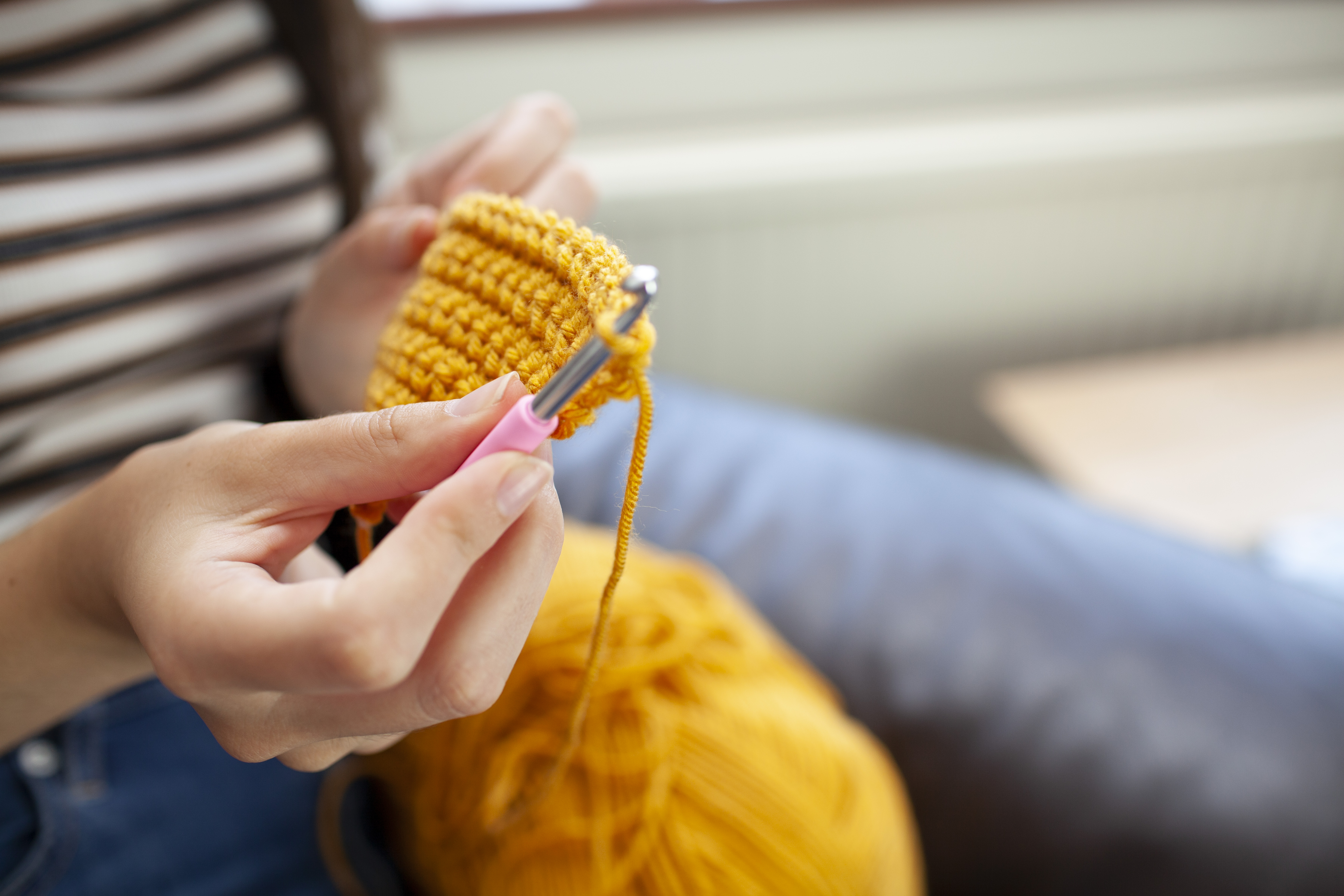 The week's good news: Jan. 18, 2024
The week's good news: Jan. 18, 2024Feature It wasn't all bad!
-
 The week's good news: Jan. 11, 2024
The week's good news: Jan. 11, 2024Feature It wasn't all bad!
-
 The week's good news: Jan. 4, 2023
The week's good news: Jan. 4, 2023Feature It wasn't all bad!
-
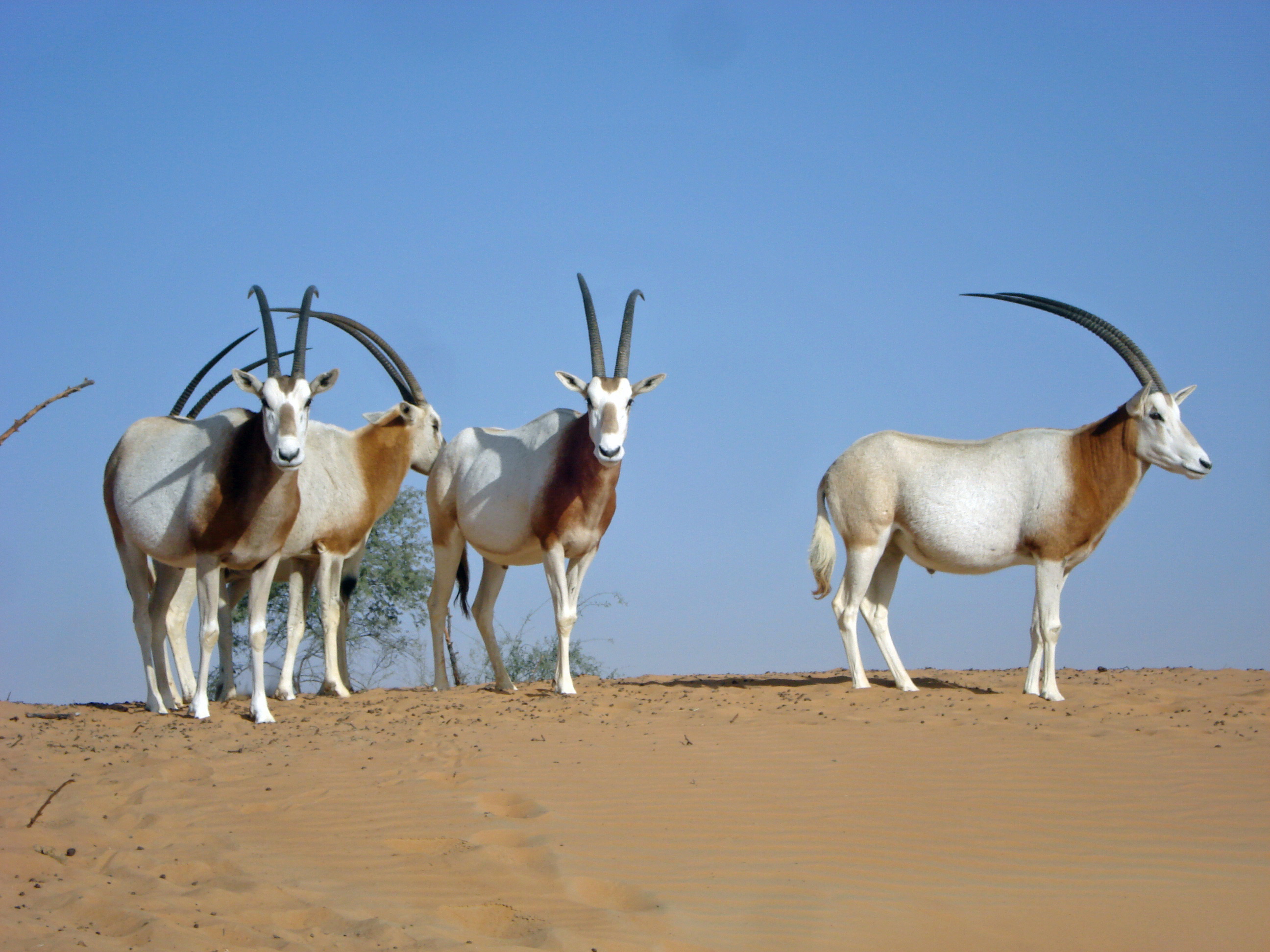 The week's good news: Dec. 21, 2023
The week's good news: Dec. 21, 2023Feature It wasn't all bad!
-
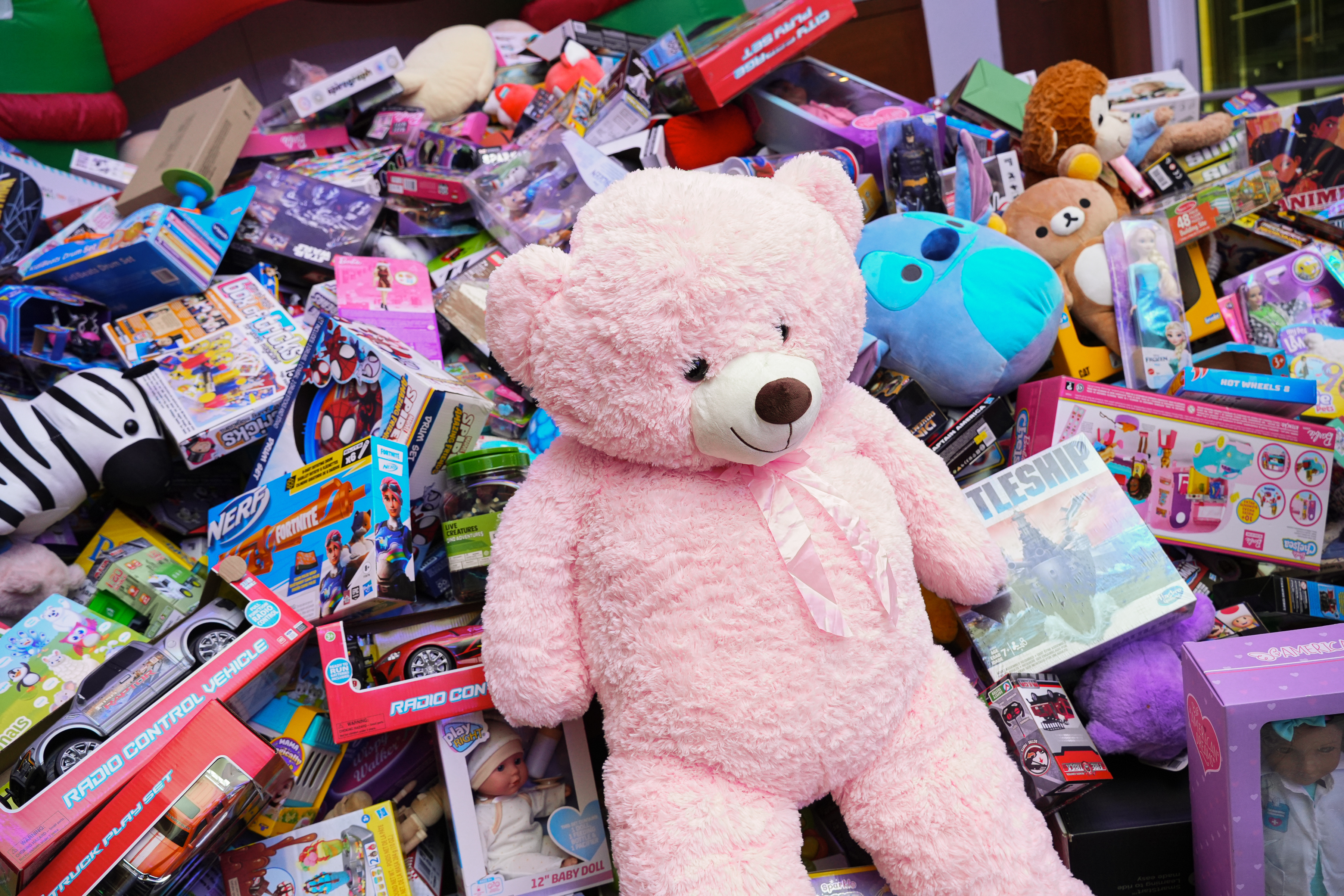 The week's good news: Dec. 14, 2023
The week's good news: Dec. 14, 2023Feature It wasn't all bad!
-
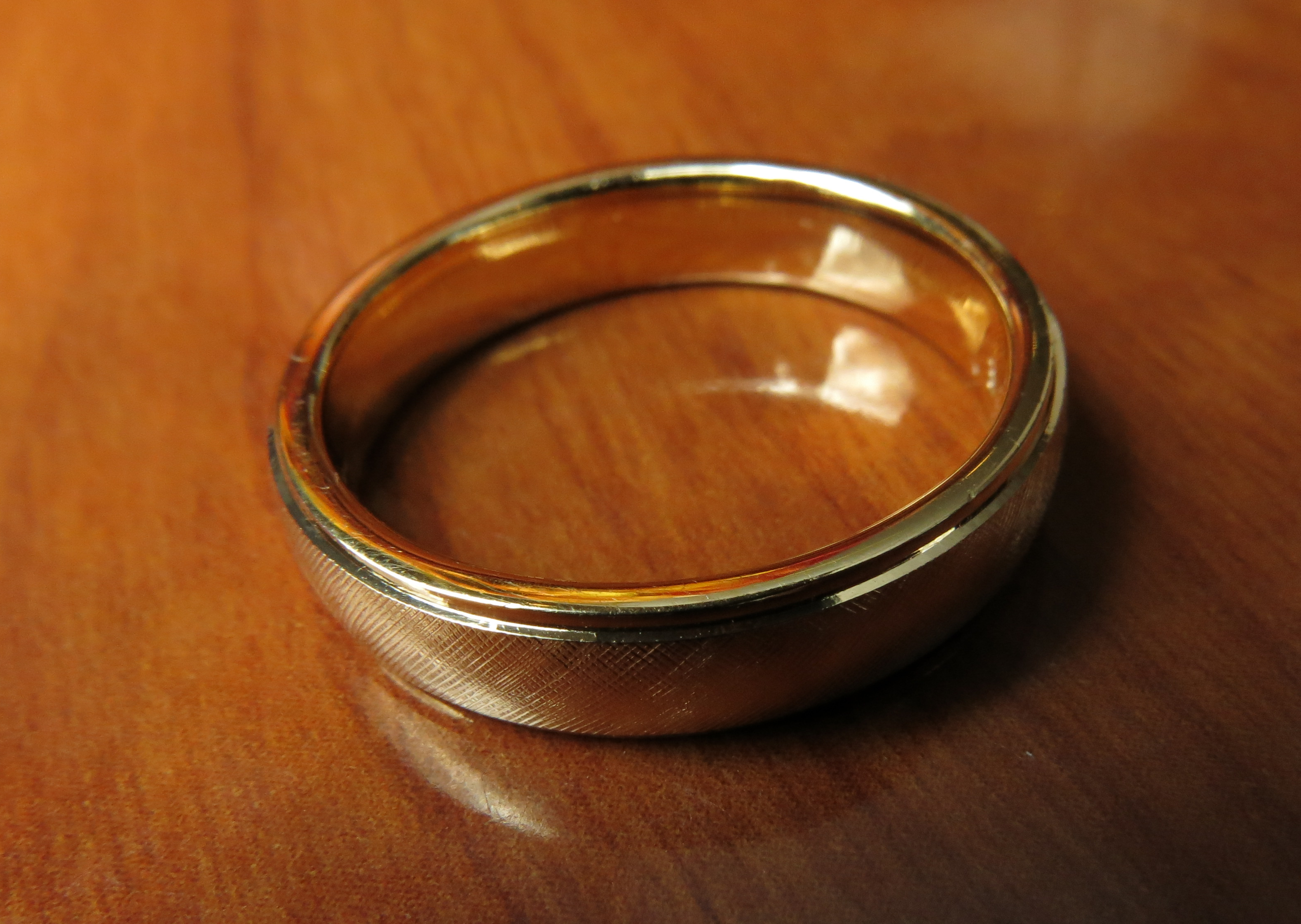 The week's good news: Dec. 7, 2023
The week's good news: Dec. 7, 2023Feature It wasn't all bad!
-
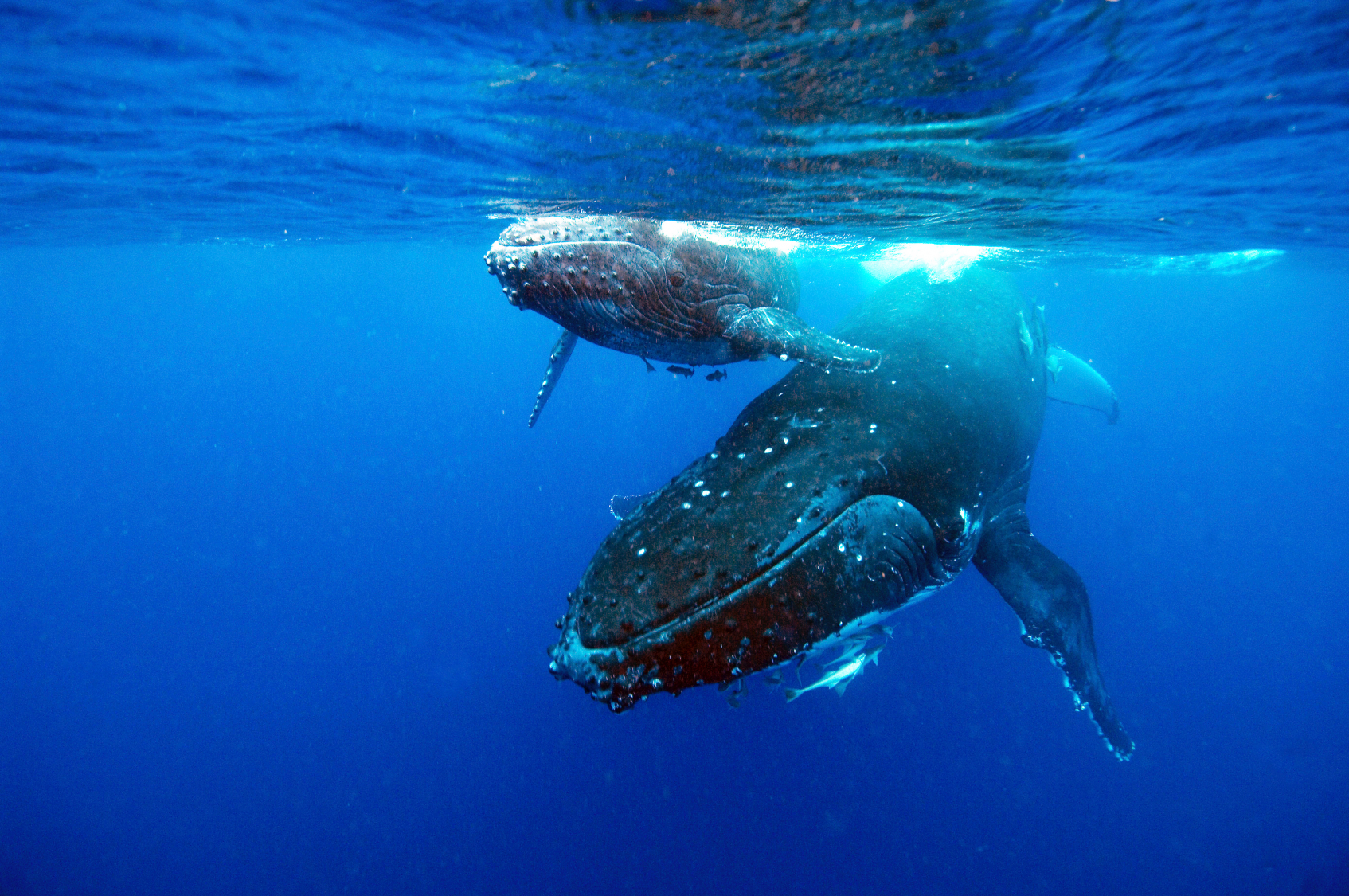 The week's good news: Nov. 30, 2023
The week's good news: Nov. 30, 2023Feature It wasn't all bad!
-
 The week's good news: Nov. 16, 2023
The week's good news: Nov. 16, 2023It wasn't all bad!
